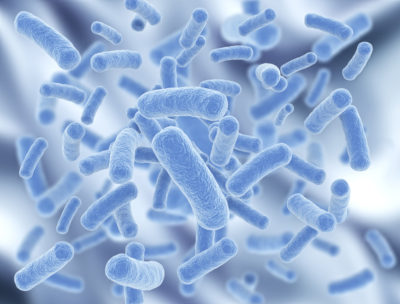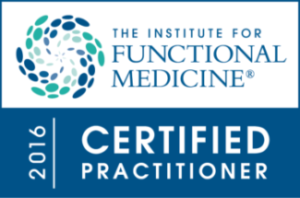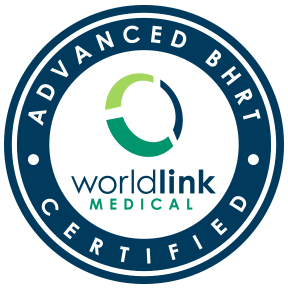We need a healthy gastrointestinal (GI) system in order for our body to run smoothly. Our microbiome (the microorganisms or bugs in our GI tract) need to be in proper balance for our body to run effectively. It is called “dysbiosis” when the microbiome becomes imbalanced (more bad verses good bacteria), which leads to many health consequences. Just like all living creatures produce waste, so do bacteria, and the waste that they produce can be toxic to the human body. Some of these toxins are known as “Lipopolysaccharide (LPS).” It has become very clear from research the negative effects LPS have on the human body.
The negative impacts of Bad Bugs & LPS on the human body:
Brain Function:
- Lowers dopamine levels (dopamine is associated with things e.g. motivation, willpower and depression).
- Lowers serotonin levels (5-HT) (also known to be associated with depression)
- Hippocampus damage: responsible for converting short-term to long-term memory (i.e. you might be able to recall an event from 5 years ago, but you can’t remember what you ate for lunch yesterday).
Gastrointestinal System:
- Leaky Gut (intestinal permeability): leaky gut allows food particles that would normally be digested and absorbed to leak out into your bloodstream before they are fully digested/absorbed, which causes an immune response
- Microvilli erosion (microvilli are fingerlike projections that increase surface area so that you can better digest your food): If you have decreased microvilli, you have decreased absorption of your food, which can lead to malnutrition.
Thyroid Gland:
- Thyroid Stimulating Hormone (TSH) is lowered. TSH is made by the pituitary gland which stimulates the thyroid to make thyroid hormone; without TSH, you can’t make adequate amounts of thyroid hormone
- T4 is an inactive thyroid hormone that is converted to T3, the active throid hormone. The conversion of T4 to T3 has been shown to be decreased by LPS.
- Thyroid Receptor sites are not as receptive to thyroid hormone (even if you have adequate thyroid hormone).
(Thyroid hormone is impacted by your metabolic rate: the lower your metabolic rate, the lower your thyroid hormone and the lower your metabolic rate, the more difficulty you have losing weight.)
Kidneys:
- Decreases excretion of chemicals/toxins: (the kidneys are designed to help us get rid of certain toxins, ions, and electrolytes from our body). If excretion is reduced, these toxins accumulate and cause further damage
Hormones:
- Gherlin increase: (gherlin is the hormone associated with hunger). If your stomach is empty, your GI system makes gherlin to make you feel hungry so that you will eat. Therefore, your appetite and cravings will be increased by LPS.
- Leptin decrease: (leptin is secreted by fat cells to tell you that you are now full). LPS is turning this message off
- Cortisol levels increased in the adrenal glands. LPS is a stressor.
Liver:
- Decreases the liver’s ability to detoxify substances, therefore, significant ramifications can result from this, e.g. further build-up of harmful materials in your body
Nutrients:
- Zinc absorption is decreased. Zinc is responsible for a number of metabolic functions, including the production of testosterone, and the production of insulin. Also, the production of hydrochloric acid in your stomach is made with the assistance of zinc.
LPS fuels the fire which impacts all these other causes by increasing:
- Inflammation is increased with LPS
- Oxidative Stress is increased with LPS Inflammation and oxidative stress are responsible for most all of our chronic health conditions.
Mitochondria Damage:
- Mitochondria are the powerhouse of our cells where energy [ATP] is produced.
- Through inflammation and oxidative stress, LPS damage the mitochondria and other metabolic mechanisms causing decreased energy (increased fatigue)[ATP]
Glutathione Reduction:
- Gluthathione is the most powerful intracellular antioxidant in our body that helps protect us from oxidative stress and inflammation.
If you have an imbalance of good and bad bacteria in your body, you can see there are a number of negative implications. If you fix your gut, you can fix many of your health issues.
We can help you determine the composition of your gut microbiome and any impact dysbiosis may be having on your health. Together, we can turn this around and you can start regaining your life, instead of allowing your bugs to take over.
Other Related Blog Posts:
Your Bugs May Be the Cause of Your Diabetes
Are You Consuming Your Adequate Daily Intake of Bugs? Make Your Gut Defense “Pro-Life”








